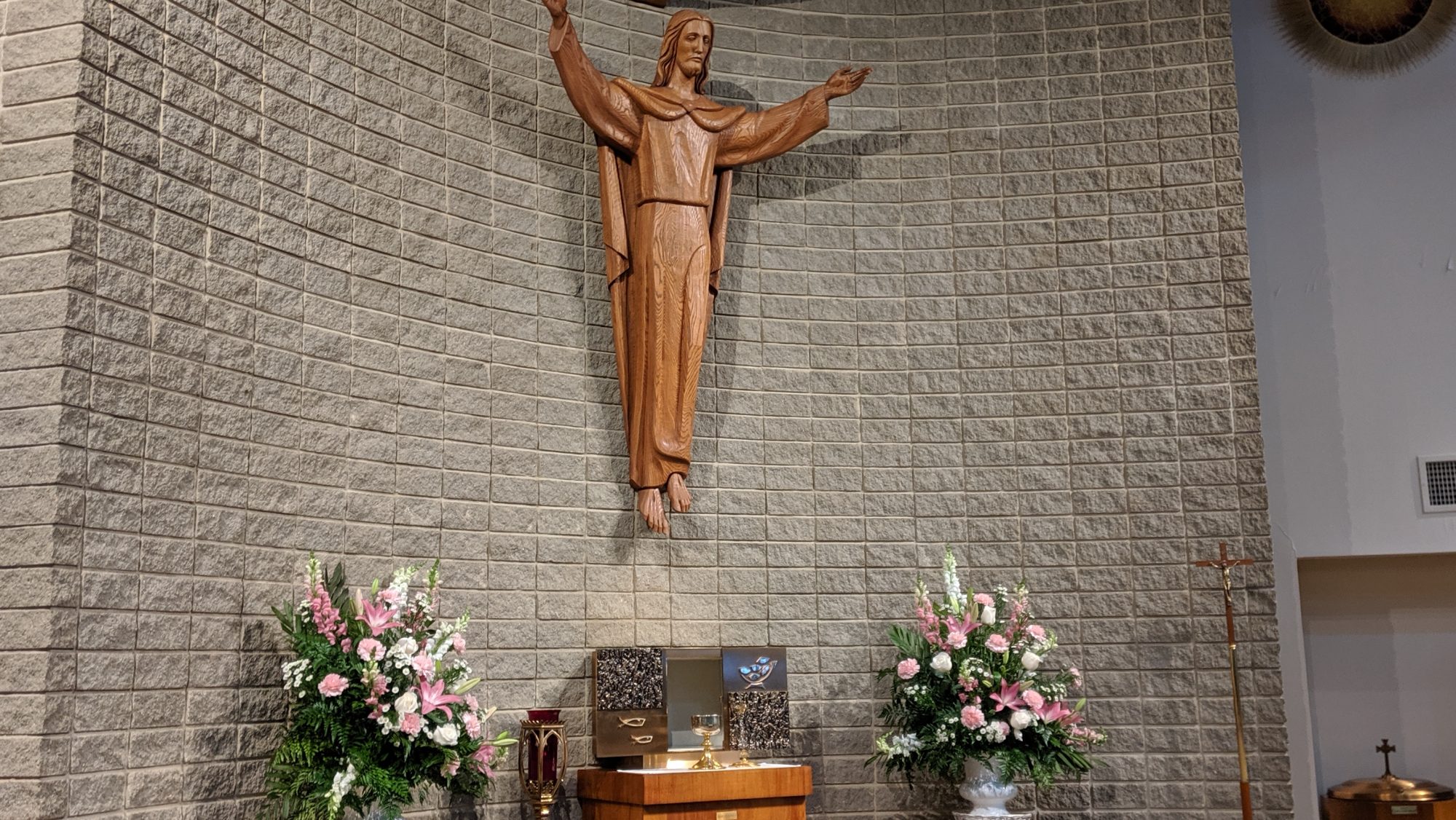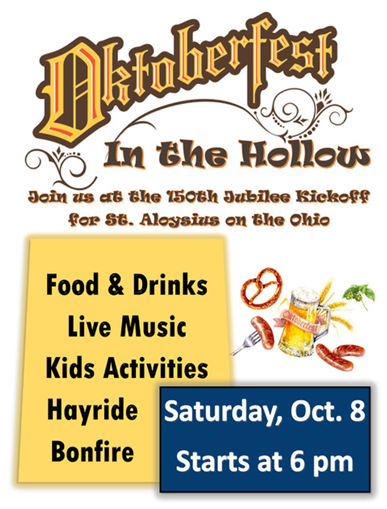A few years ago, a friend of mine in another diocese received a change of assignment and he moved to a rural part of his Kentucky diocese. He invited me to come and visit the church and rectory and I asked him how rural the place was. He said it was not far from some major town, but it was pretty rural. He said the roads were hilly, narrow with lots of winding bends. When he was giving me directions he said: You will know you are about a half a mile from the church, when to the right side as you travel you will see a derelict car, on a mound, sitting in the middle of a field, and on top of the car there will probably be standing two goats. One on the roof and one on the hood. Sure enough, as I drove by the field, here was a car with two goats standing on it. This is an absolutely true story.
If you ask people here in the States for directions, they usually answer with road numbers and compass directions. If I was asking the way to Columbus for example a person is likely to tell me that I take the I 75 North to Exit 42 to I 675 to Exit 26A to I 70 East. Simple! Right? In the States we give directions according to numbers, map directions, and compass points.
If you ask for the same directions in Ireland, it might go something like this: “Do you see that road over there? You don’t take that one.” And it begins! “You take that road over there and when you pass Murphy’s pub on the left, you turn right and go for about half a mile. You will know you have gone half a mile because you will pass a yellow house. After you turn right you travel until you see a big fine house, standing in a field, all alone, and you’ll think to yourself, what on God’s earth does a fine house like that have any reason to be in such a lonely field? You turn left at the big house and that will lead you to O’Connor’s Barn. It’s called O’Connor’s Barn, which is really a pub but because they don’t want the tax man to know it’s a pub, they call it a barn.” In Ireland we give directions according to landmarks.
The Church’s year does not end on the 31st of December but on the Feast of Christ the King which is the Sunday after the 33rd Sunday in Ordinary Time. So, we are moving toward the end of the Church Year. As we move toward the end of the year the readings in the Scripture typically begin to reflect on what is called the Last Things, Death, Judgement, Hell, and Heaven. Most of all we focus on how we get to heaven or hell. So, the Gospel today is not really about marriage but about the resurrection of the dead. Unlike the Pharisees, the Sadducees, did not believe in the resurrection of the dead and so they are asking Jesus a cheeky question to make fun of belief in resurrection.
Jesus draws them back, however, to the real issue: How we live here will determine where we go after death. For the righteous, those who lived a good life here on earth, death will bring resurrection and life in heaven. Jesus is telling them that what we should be concerned about is how we get there. There is a map, directions, for getting to heaven and that map shows us the way, and that way is a person, Jesus. Jesus said: I am the Way. As we move toward the end of the year the readings remind us that we have a purpose in life and a destiny. Living as God wants us to live, caring for those God wants us to care for, being who God sent us into the world to be, these are the things that will bring us to the place God wants us to be – with Him, in Heaven.


